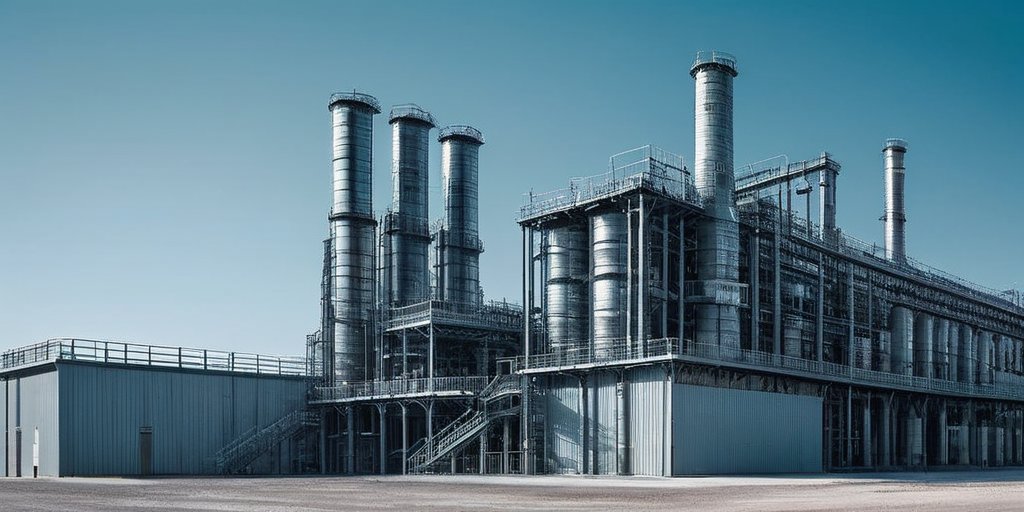Hyundai has unveiled an ambitious $21 billion investment plan in the United States, coinciding with the looming tariffs announced by President Donald Trump’s administration set to take effect on April 2. At a recent event in the White House, Trump emphasized the significance of this investment by stating, “Money is pouring in. We want to keep it that way,” underscoring the belief that his tariffs are effectively influencing foreign investments in the U.S.
The automotive giant plans to put $5.8 billion towards establishing a state-of-the-art steel plant in Louisiana, geared to produce over 2.7 million metric tons of steel annually, which is expected to generate around 1,400 jobs. This new facility will provide essential materials for Hyundai’s existing manufacturing operations in Alabama and Georgia.
In addition to the steel initiative, Hyundai has earmarked $9 billion to enhance its vehicle production capabilities, aiming to achieve an output of 1.2 million vehicles a year by 2028. The company is also investing $6 billion in partnerships with American firms to innovate in sectors such as autonomous driving, robotics, and artificial intelligence (AI).
On the horizon, Hyundai is preparing to launch a $7.59 billion car and battery factory in Georgia, further solidifying its footprint in the American automotive landscape. The company, alongside its affiliate Kia, which operates a factory in Georgia, will ultimately have the capacity to manufacture a million vehicles per year when all facilities are fully operational.
Moreover, Hyundai has committed to purchasing $3 billion worth of liquefied natural gas (LNG) from the US, showcasing its dedication to enhancing economic ties with the country.
Trump’s recent pattern of imposing tariffs raises questions about the effect these import taxes will have on foreign manufacturers, especially given that the last month saw a 25% import tax levied on all steel and aluminum entering the country. This new wave of tariffs could potentially include products from South Korea, Hyundai’s homeland, which maintains a significant trade surplus with the United States.
While some of these investment announcements may echo previous plans made during the Biden administration, Trump’s leadership continues to correlate economic growth with his administration’s protective economic strategies. In light of ongoing calls from major US automakers, including General Motors and Ford, for exemptions from the new tariffs, the automotive industry is keenly watching the developments shaped by Trump’s decisions and their consequential impact on investment and production strategies.
